HEPA Filter
Product Details:
- Efficiency (%) High
- Usage HVAC System
- Size 610 x 305 x 305 mm
- Color White
- Thickness Different available Millimeter (mm)
- Application Industrial
- Click to View more
HEPA Filter Price And Quantity
- 5500.0 INR/Piece
- 1 Piece
HEPA Filter Product Specifications
- HVAC System
- High
- 610 x 305 x 305 mm
- Industrial
- White
- Different available Millimeter (mm)
HEPA Filter Trade Information
- Bhivadi Rajasthan
- Cash in Advance (CID)
- 500 Piece Per Month
- 1 Week
- Yes
- Contact us for information regarding our sample policy
- Asia
- All India
Product Description
A HEPA filter (High-Efficiency Particulate Air filter) is a type of air filter that is designed to trap very fine particles, such as dust, pollen, pet dander, and smoke, and to prevent these particles from re-entering the air. HEPA filters are highly effective because they can capture particles as small as 0.3 microns (m) with an efficiency of 99.97% or higher. This makes them particularly useful in environments where clean air is crucial, like hospitals, laboratories, homes with allergies or asthma sufferers, and certain industrial settings.
Key Features:
-
Efficiency: A true HEPA filter must capture at least 99.97% of particles as small as 0.3 microns. This includes things like dust, pollen, mold spores, pet dander, and even some bacteria and viruses.
-
Material: HEPA filters are typically made of a dense mat of randomly arranged fibers, usually made of fiberglass. The density and arrangement of the fibers allow them to trap particles effectively through various mechanisms such as interception, impaction, and diffusion.
-
Usage:
-
Home Air Purifiers: HEPA filters are commonly used in air purifiers to improve indoor air quality.
-
Vacuum Cleaners: Many vacuum cleaners use HEPA filters to prevent dust from being blown back into the air during cleaning.
-
Medical Devices: HEPA filters are used in hospital operating rooms and clean rooms to maintain sterile environments.
-
Cars: Some high-end car air conditioning systems use HEPA filters to reduce allergens in the cabin.
-

Price:
- 50
- 100
- 200
- 250
- 500
- 1000+

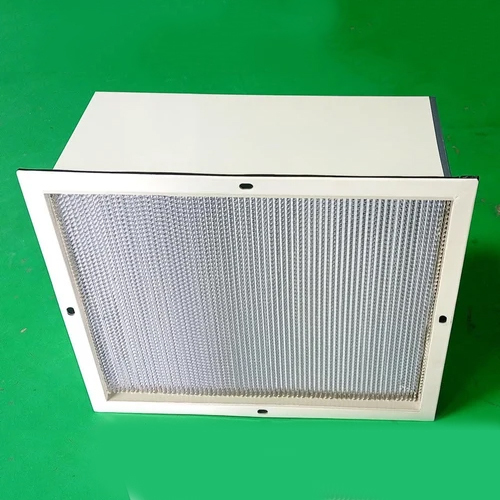

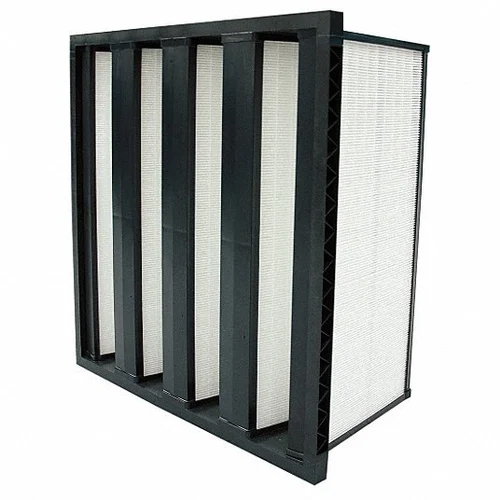
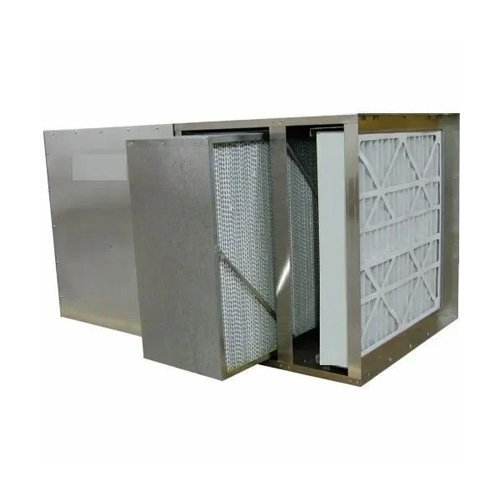
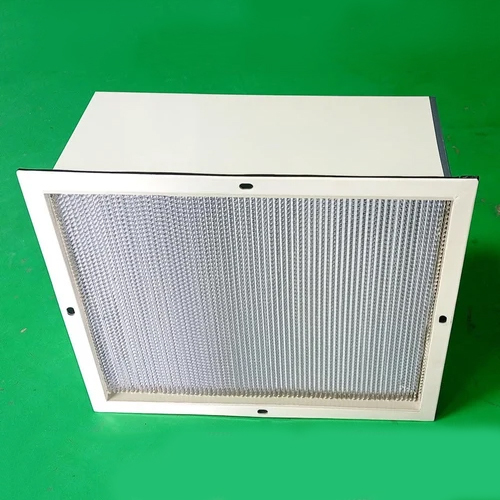
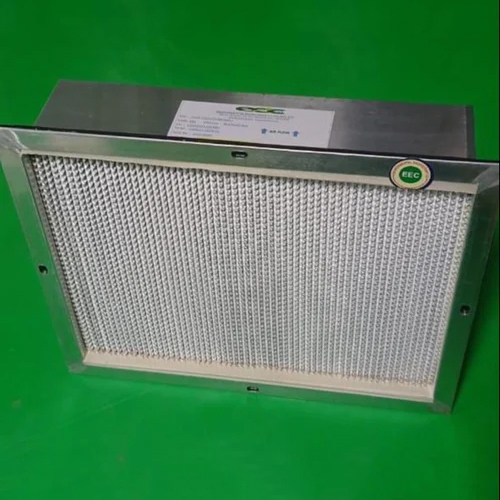


 Send Inquiry
Send Inquiry Send SMS
Send SMS